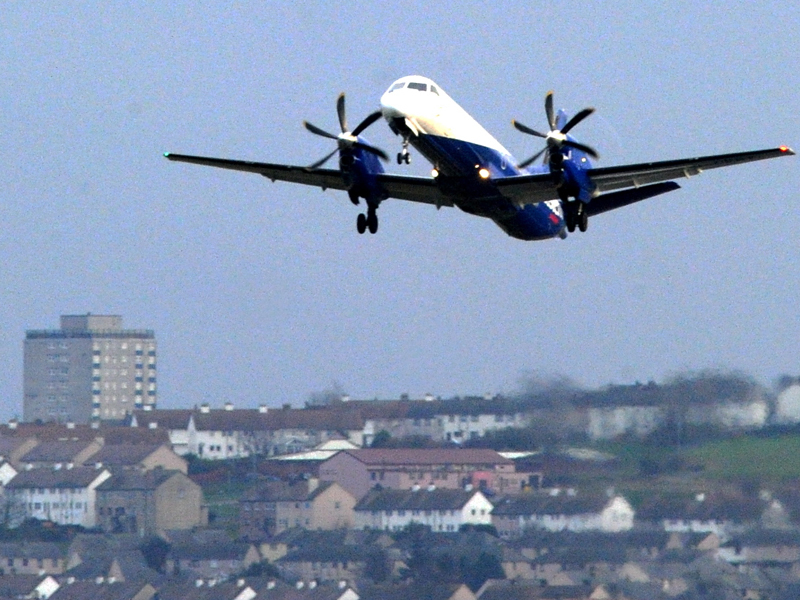Air passenger duty (APD) and VAT are putting Scotland’s vital tourism industry at a competitive disadvantage, according to N-56.
The business think-tank, named after Scotland’s latitude and founded by millionaire property developer Dan Macdonald, said the two taxes were holding the country back from becoming one of the wealthiest in the world.
APD has few friends in the north and north-east, where business leaders have fought hard to have it reduced or even scrapped.
Tourism Minister Fergus Ewing said yesterday a 50% cut in APD in an independent Scotland would help to attract new air links and cut the cost of visiting the country.
Economist Graeme Blackett, lead author of N-56’s Scotland Means Business reports, said: “We welcome the call by the Scottish Government for a reduction in air passenger duty and would also welcome a reduction in VAT as both these measures have a major impact on the tourism sector.
“These two taxes are putting the Scottish tourism sector worth £1.2billion in exports and supporting 185,900 jobs at a competitive disadvantage, when compared with competitor economies.
“Many other EU countries have reduced the rate of VAT on visitor accommodation, attractions and restaurant meals; the UK being only one of four EU countries that applies the full VAT rate.”
He added: “APD also puts Scottish tourism at a price disadvantage, given that most international tourists arriving in Scotland travel via London airports.
“Scotland is, therefore, at a particular disadvantage since APD is paid on international flights into and out of London and on flights between London and Scottish airports.
By contrast, in Northern Ireland APD has been devolved to the Assembly and is rated at zero on direct long-haul flights.
“Any proposals by the Scottish or UK governments to reduce the rate of air passenger duty as it impacts on Scotland are, therefore, to be welcomed.”
